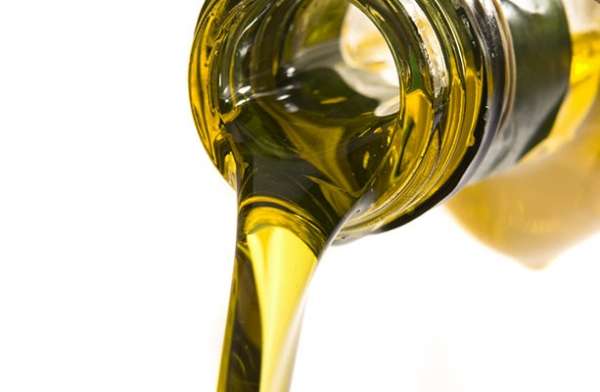
Transformer oils, which contains polychlorinated biphenyls, are described as tasteless, odourless, and fire-resisting insulating liquid with high boiling point and range in consistency from an oil to a waxy solid.
Chemically known as polychlorinated biphenyls, the oil is called transformer oil as it is used for electrical transformers because it is stable at high temperatures and has excellent electrical insulating properties.
The experts spoke in Calabar, the Cross River capital, on Tuesday on the sidelines of a training and capacity building workshop for state counsel, regulatory officers, power operators and custom officers.
The event, which discussed regulations and guidelines for environmentally sound management of PCBs, was organised by the Federal Ministry of Environment and the United Nations Development Programmes.
A facilitator and consultant to the Federal Government, Prof Babajide Alo, who spoke on the danger PCBs poses to the environment and human health, said the workshop was to sensitise stakeholders on the danger of PCBs, adding that PCBs are imported and blocking their importation was a way to control their use and protect the environment as there are alternatives to PCBs.
A project coordinator, Olusanya Olubunmi said, “Although PCBs have a long history of useful applications in many facets of human endeavours, such as in power sector, as a coolant and dielectric fluid in electrical equipment, studies have shown that PCBs portend deleterious effects on the environment and human health, hence the global action on its control.”
Another facilitator, Dr Toyin Adejonwo-Osho also disclosed that its use for cooking causes cancer and birth defects and PCBs oils should not be used as hair sheen.
Farmers were advised not to farm near transformer locations.





